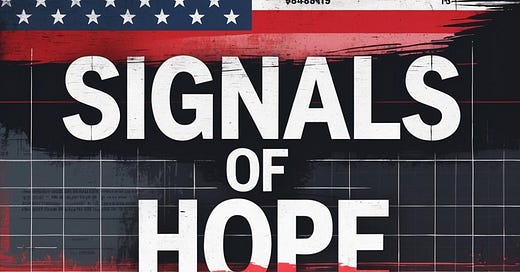Libraries on the Frontlines: How America's Public Libraries Are Resisting Book Bans
From New York to Georgia, Librarians, Educators, and Activists Fight for the Freedom to Read
In recent years, the United States has witnessed a significant increase in attempts to ban books from libraries and schools, often targeting works that explore themes of race, gender, and sexuality. This surge in censorship poses a direct threat to intellectual freedom and the foundational democratic principle of the free exchange of ideas. Book bans disproportionately impact marginalized communities by removing the very stories that reflect their lived experiences. According to PEN America, over 4,000 unique book bans were documented across 41 states between 2021 and 2024, signaling a concerted and coordinated effort to erase voices that challenge dominant ideologies.
Amidst this challenging landscape, numerous libraries, educators, and community members have mounted inspiring resistance efforts to uphold the right to read and ensure diverse perspectives remain accessible. Their actions reflect a growing movement to defend democracy, one book at a time.
Examples of Resistance Against Book Bans
New York City's United Front Against Censorship
In October 2024, all three NYC library systems — Brooklyn Public Library, New York Public Library, and Queens Public Library — joined over 350 libraries, booksellers, publishers, and advocates in the Freedom to Read Day of Action. This collective initiative reaffirmed their commitment to unrestricted access to information and opposed coordinated censorship efforts. The event included public readings of banned books, social media campaigns, and author discussions to amplify awareness.
Shavawn Simmons' Little Free Libraries in Georgia
Retired educator Shavawn Simmons established over 50 Little Free Libraries focused on diverse literature, spotlighting authors like Nic Stone and Jason Reynolds. Her grassroots efforts bring banned and challenged books directly into the hands of underserved communities. These libraries have become gathering spaces for parents and students to learn about censorship and build solidarity in defense of access.
The Queer Liberation Library (QLL)
Launched in 2023, this digital library provides free LGBTQ+ literature nationwide. By 2024, QLL featured over 1,200 frequently banned titles and became a vital lifeline for readers in states with high rates of censorship. In states like Florida and Texas, QLL has seen exponential growth in downloads, especially among students who have lost access to LGBTQ+ books in school libraries.
Legal Pushback in Iowa
In March 2025, a federal judge blocked an Iowa law banning books depicting sexual content from public schools. Authors and advocacy groups challenged the law, protecting classics like Orwell’s 1984 and Joyce’s Ulysses from removal. The decision is seen as a crucial legal precedent affirming the constitutional right to intellectual freedom and due process before book removal.
School Librarians as Frontline Defenders
Across the country, school librarians are becoming some of the most vocal and vulnerable defenders of the right to read. In places like Texas and Pennsylvania, librarians have testified before state legislatures, created banned book clubs, and organized professional resistance networks such as #FReadomFighters to support one another.
How You Can Help Defend the Freedom to Read
Borrow or Buy Challenged Books: Demonstrate demand and support for marginalized voices. Many libraries now feature “Banned Book” shelves to showcase targeted titles.
Join National Campaigns: Support efforts like the American Library Association's Unite Against Book Bans, PEN America’s Freedom to Read initiative, and the FReadom Fighters network.
Attend and Promote Library Events: Show up, spread the word, and strengthen your library’s standing in the community. Host or promote banned book read-ins, author talks, or public forums.
Stay Politically Engaged: Vote in local school board elections and support pro-library candidates. Contact legislators who sponsor censorship bills and make your voice heard.
Report Book Challenges: Contact the Office for Intellectual Freedom if censorship efforts arise in your area. Your report helps track and respond to these threats.
Contact & Get Involved
American Library Association (ALA): www.ala.org
PEN America: www.pen.org
National Coalition Against Censorship: ncac.org
FReadom Fighters: freadomfighters.org
Local Library Director or School Board: Find and contact your local representatives to express your support.
Let your voice be heard — because every book pulled from a shelf is a voice taken from a reader.




My local PUBLIC library was the first in Virginia (and I think 2nd or third nationally) to be hit by book banners. They started July of last year and we are still fighting them. (Front Royal, Virginia- Samuels Public Library) . It’s a nightmare and coordinated. Be sure to protect your local govt boards from being taken over by these people- they won’t care if the entire town shows up!